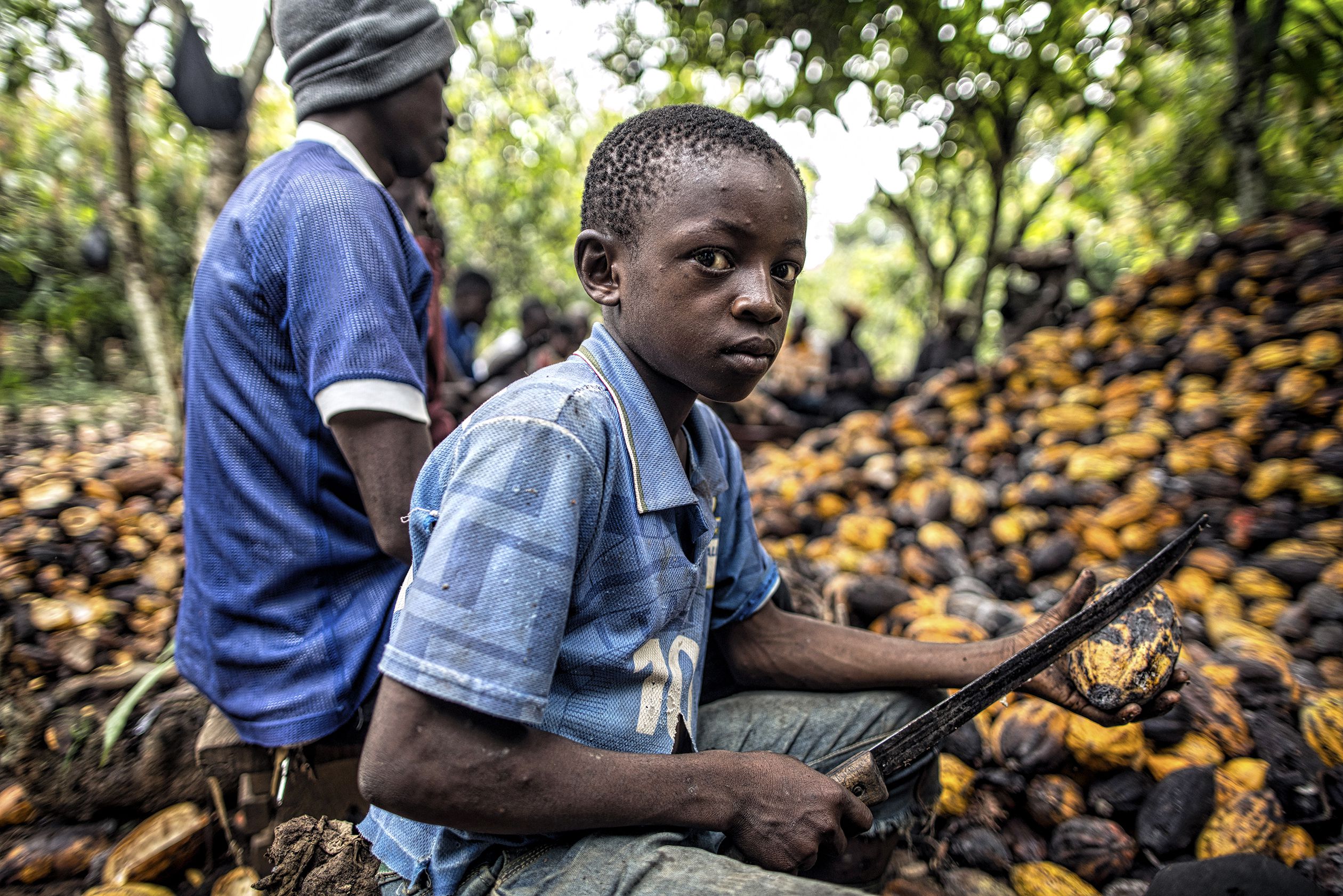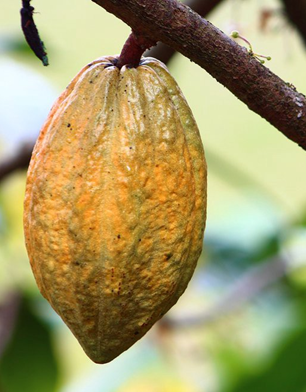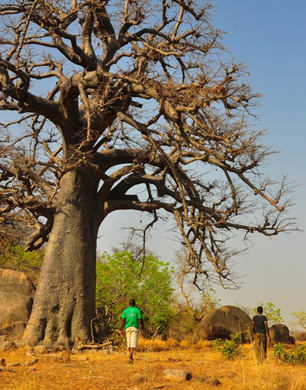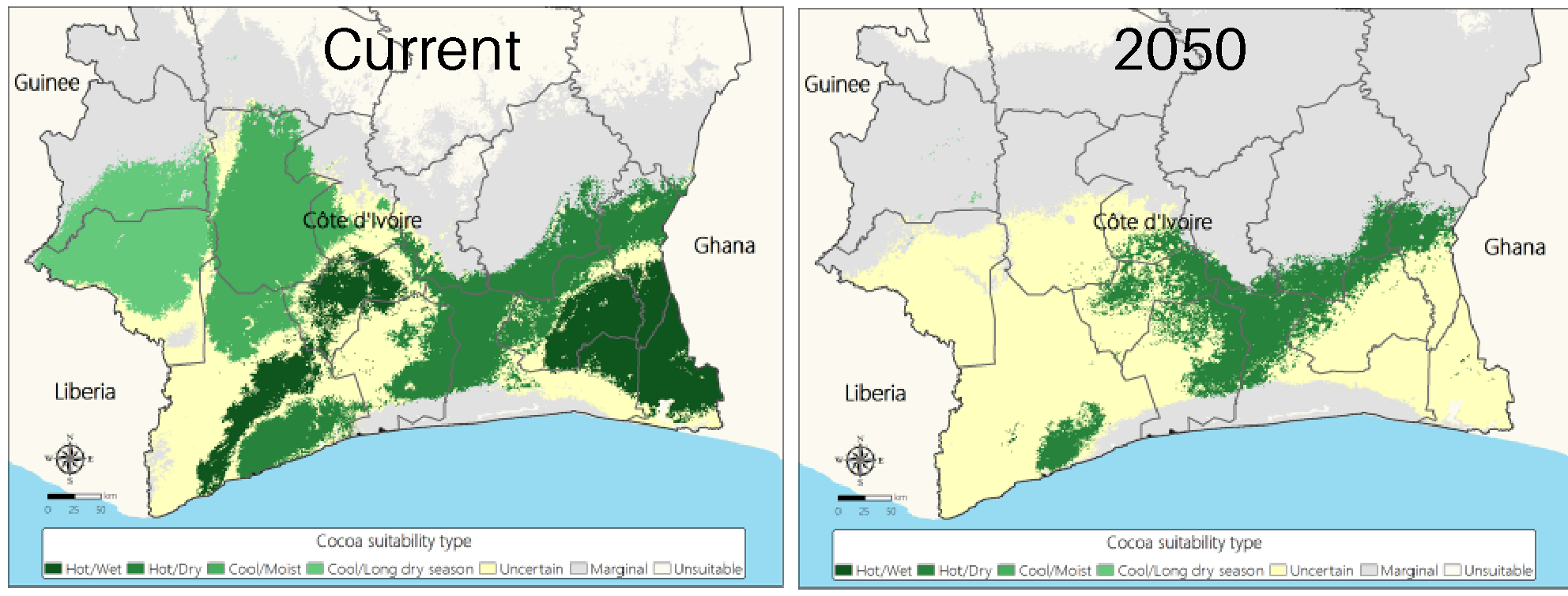African cocoa is revolutionized

|
There has been a chocolate revolution and many have not realized it. It was not really a complete revolution, but rather the beginning of the change in the rules of the game for African cocoa products, and the current ratio is not viable. The African cocoa producer receives 4% of the profits from the chocolate they buy at the supermarket, while the manufacturer and distributor earns 75%. We do not want cocoa to become bitter to you, but it is data that must be known to be aware of the claims of southern countries. Ghana and the Ivory Coast produce 60% of the world's cocoa, with a quarter of the population of these countries directly dependent on the harvest of these beans. Chocolate manufacturers have always bought it at an ultra low price in a distribution oligopoly formed by the greats: Nestlé, Craft, Mondelez, Mars, Barry Callebaut, Olam or Cargill among others.
|
"The problem is that there are environmental and economic factors that directly affect the price and since 2016 cocoa was trading at record lows" |
|
|
The problem is that there are environmental and economic factors that directly affect the price and since 2016 cocoa was trading at record lows ... until the Gulf of Guinea countries said "enough". Until now trade enemies, Ghana and the Ivory Coast, through the Ghana Cocoa Board and the Ivory Coast Coffee and Cocoa Council, decided that they would not sell the 2020 and 2021 cocoa harvest if a minimum price was not guaranteed at peasant communities of the order of 2,300 euros per ton. Something that since Fair Trade has been applied for decades, as a vital minimum price, but that for the rest of western chocolate manufacturers involves the restructuring of their business, which after all is based on a post-colonial exploitation model that it chronifies the poverty of the producer families. Traceability is essential and that is why fair trade models help to ensure that cocoa production also comes from legal zones. Much of the cocoa production is done illegally, causing the price to drop in a shadow economy that only favors market volatility and pays off for Western buyers. Legal cocoa, without exploitation or slavery and that does not come from deforested forests but from permitted areas, is much more expensive and is forced to reduce its costs so that they end up buying it. It is a vicious circle that damages the farmer and his/her environment in the medium and long term. If they continue to be deforested, as until now with the nomadic cultivation of cocoa, there will be no forests in Ivory Coast and Ghana, causing rainfall and harvests to decrease year by year and for the rural population to find new opportunities outside the growing areas: in West Africa we have already lost 80% of forest areas in the last 50 years. Apart from a fair price, cocoa needs a sedentary, legal and transparent cultivation, although this ends up having an impact on a higher price that we will assume as a chain. |
"If they continue to be deforested, as until now with the nomadic cultivation of cocoa, there will be no forests in Ivory Coast and Ghana"
|
|
|
As a result, after pressure from certain sectors of public opinion, NGOs and Fairtrade, a government subsidy of agriculture has been obtained by African governments and a small advance that will have results from October this year 2020: The Governments Ghana and Cote d'Ivoire are betting on their own mandatory differential of $ 400 per ton to ensure producers receive a vital minimum price. Fairtrade for its part increased its minimum price by 20%, which implies that farmers receive $ 236 apart from the government differential per ton sold that was already at $ 2,400, the highest base amount in the market.
If we add to this that the Fair Trade programs developed by Fairtrade involve an extra annual premium and that professionals from the sector empower farmers with advice on how to diversify their local economy apart from cocoa and how to reduce production costs to be more competitive, We find ourselves with the only market framework that guarantees the prosperity of African producing communities. The Ghanaian and Ivorian governments have issued an ultimatum that has been brewing for years and that will help many cocoa growing families to benefit from a higher price, even if provisionally, but it is really the chocolate consumer that has to move the scales and bet on sustainable and fair chocolate or illegal chocolate. |
"The Ghanaian and Ivorian governments have issued an ultimatum that has been brewing for years and that will help many cocoa growing families" |










Comments
Leave your comment